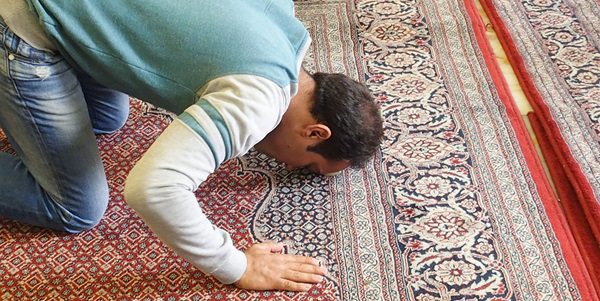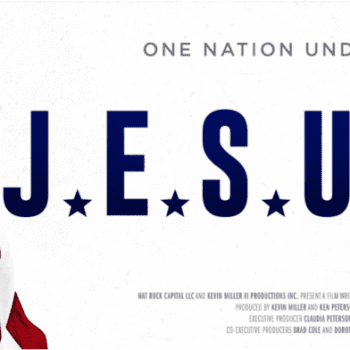This is the third installment of my series on Faith and Families. These weekly videos are generally based on the lectionary passages for the upcoming Sunday and seek to find ways families can discuss passage, along with providing a family activity that relates to the message. This week we are going off lectionary to explore Christianity and Islam’s view of God.
Who is God?
Christianity and Islam have different, but not opposing, answers. In this video and in the text below, I explore the essence of their answers.
God in Christianity
There is a verse in the New Testament that claims “God is love.” It’s one of only two passages in the New Testament that define God. The other passage states, “God is light and in him there is no darkness at all.”
Love is how Christianity defines God. For the New Testament, God’s love is universal. As Jesus says, it extends even to those we call our enemies.
God is defined as love in the New Testament, but how does the New Testament define love? If you’ve ever been to a wedding, you’ve heard 1 Corinthians 13. It goes like this:
Love is patient; love is kind; love is not envious or boastful or arrogant or rude. It does not insist on its own way; it is not irritable or resentful; it does not rejoice in wrongdoing, but rejoices in the truth. It bears all things, believes all things, hopes all things, endures all things.
Replace the word “love” in that paragraph with God, and you have a good understanding of Christianity’s essential understanding of God.
The point is that you don’t have to do anything to earn God’s love. Nor can you do anything to lose God’s love. God loves you, in all of your humanity, because God is love. God loves you, not because you deserve it, but because it’s who God is.
God in Islam
Islam defines God with a slight difference. At the beginning of each chapter of the Qur’an is the statement, “In the name of God, Most Compassionate, Most Merciful.” Whereas Christianity claims that God is love, Islam emphasizes that God is compassion and mercy.
In Arabic, the word for compassion and mercy come from the word Rahm. According to Abdullah Yusuf Ali in his translation of the Qur’an, the Islamic view of compassion and mercy,
may imply pity, long suffering, patience and forgiveness, all of which the sinner needs and God Most Merciful bestows in abundant measure. But there is a Mercy that goes before even the need arises, the Grace which is ever watchful, and flows from God Most Gracious to all his creatures, protecting them, preserving them, guiding them, and leading them to clearer light and higher life.
Still, the English word “mercy” doesn’t quite do justice. It may surprise many, but Rahm, this essential aspect of God, is tied to motherhood. Rahm means “uterus” or “womb.”
God’s mercy is like a mother’s womb that instinctively nurtures the baby within. God’s womb-like mercy encompasses all of creation. Like God’s love in Christianity, God’s mercy is universal. As Ali claims, God’s mercy “flows from God Most Gracious to all his creatures…” There’s a verse in the Qur’an that confirms this, “My mercy encompasses all things” (7:156).
Christianity and Islam emphasize slightly different characteristics of God. Love and mercy are not the same, but they are certainly compatible. And they are universal. Love and mercy extend not just to all humans, but to all of creation.
I often wonder, how different would the world be if more Christians and more Muslims took seriously the God whose love and mercy “encompasses all things”? How would we relate differently to others, indeed, to all of creation, if we took the fundamental messages of these two religions more seriously? For God’s love and mercy aren’t just for “us” and not for “them.” There is no separating the world into those who are “in” and those who are “out.” Rather, everyone’s in. God’s love and mercy are universal, for everyone and everything.
With Families
Parents and children can have a great conversation about God’s love. You can read 1 Corinthians 13 out loud. How do you respond to the original text? How do you respond when you replace the word “love” with the word “God”?
You can also talk about Rahmah and Rahm. How do you respond to the concept that God’s mercy is like a mother’s womb that automatically seeks to nurture us?
For an art project, you can make a heart out of construction paper. On one side write “God is love” and on the other side write “God is mercy.” Cut a hole near the top of the heart and tie ribbon or string to the hole. Hang the heart on the door of your room to remind you of the God who is love and mercy. (See the video above for more about the art project.)
Image: Pixabay
Stay in the loop! Like Teaching Nonviolent Atonement on Facebook!












